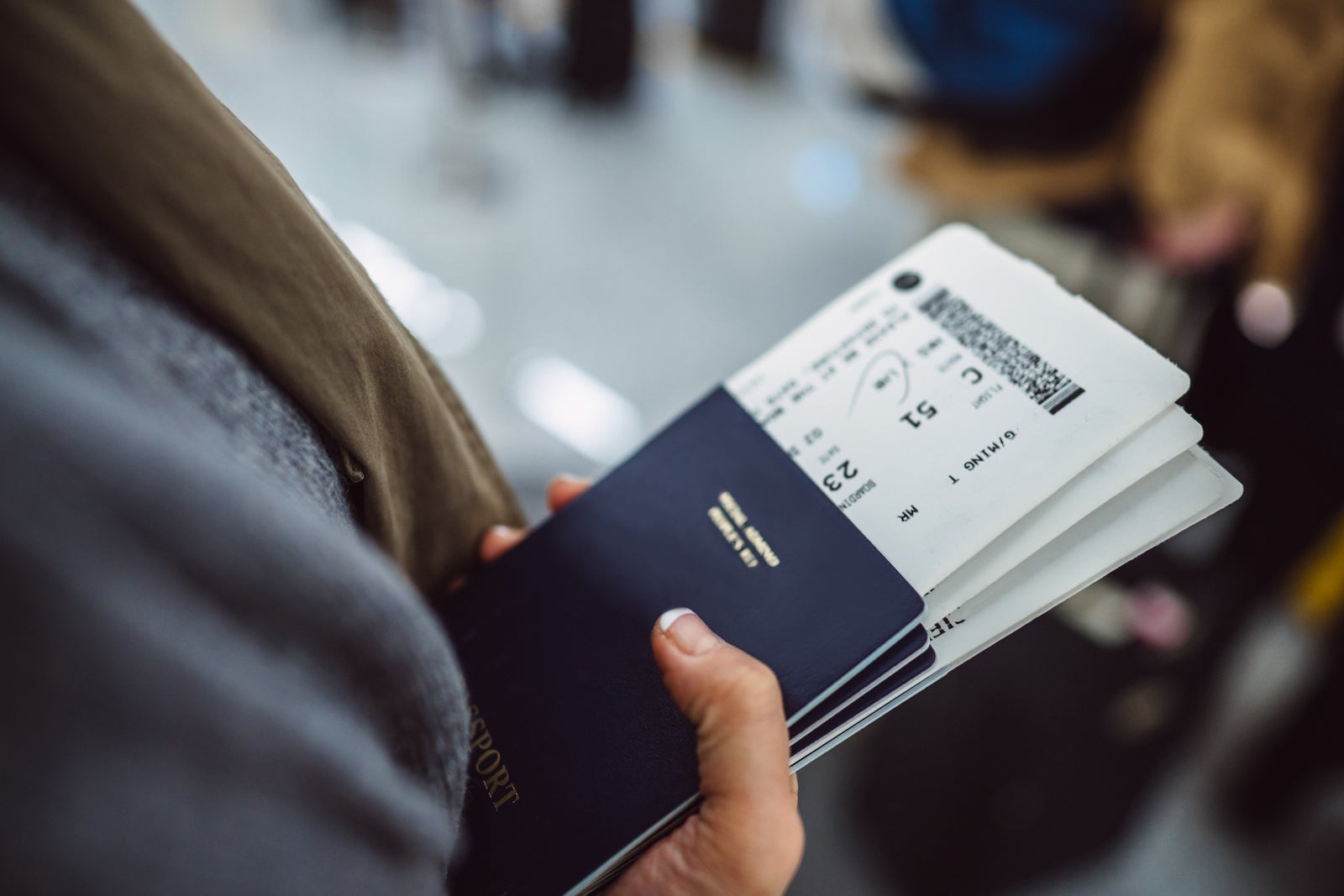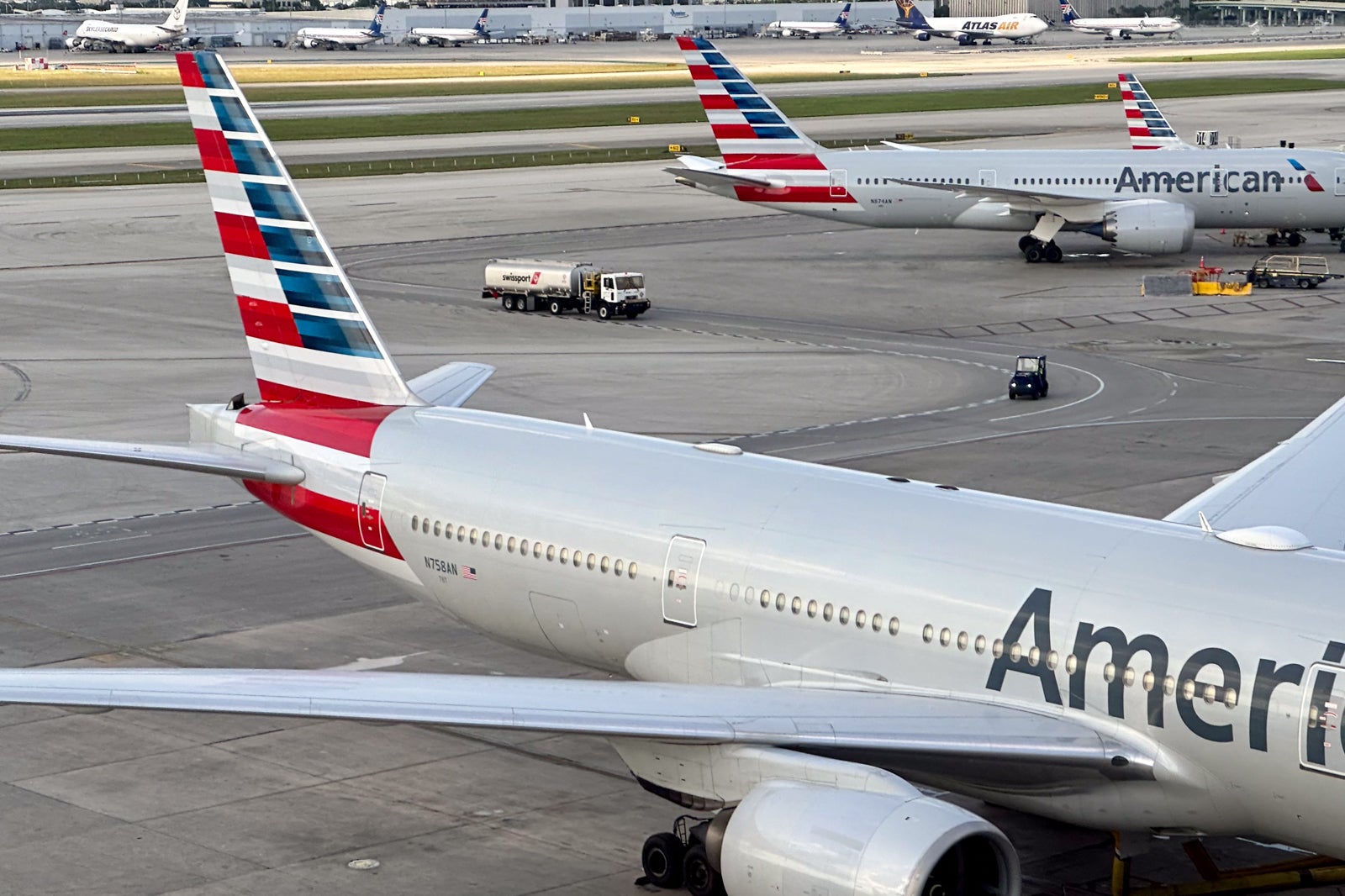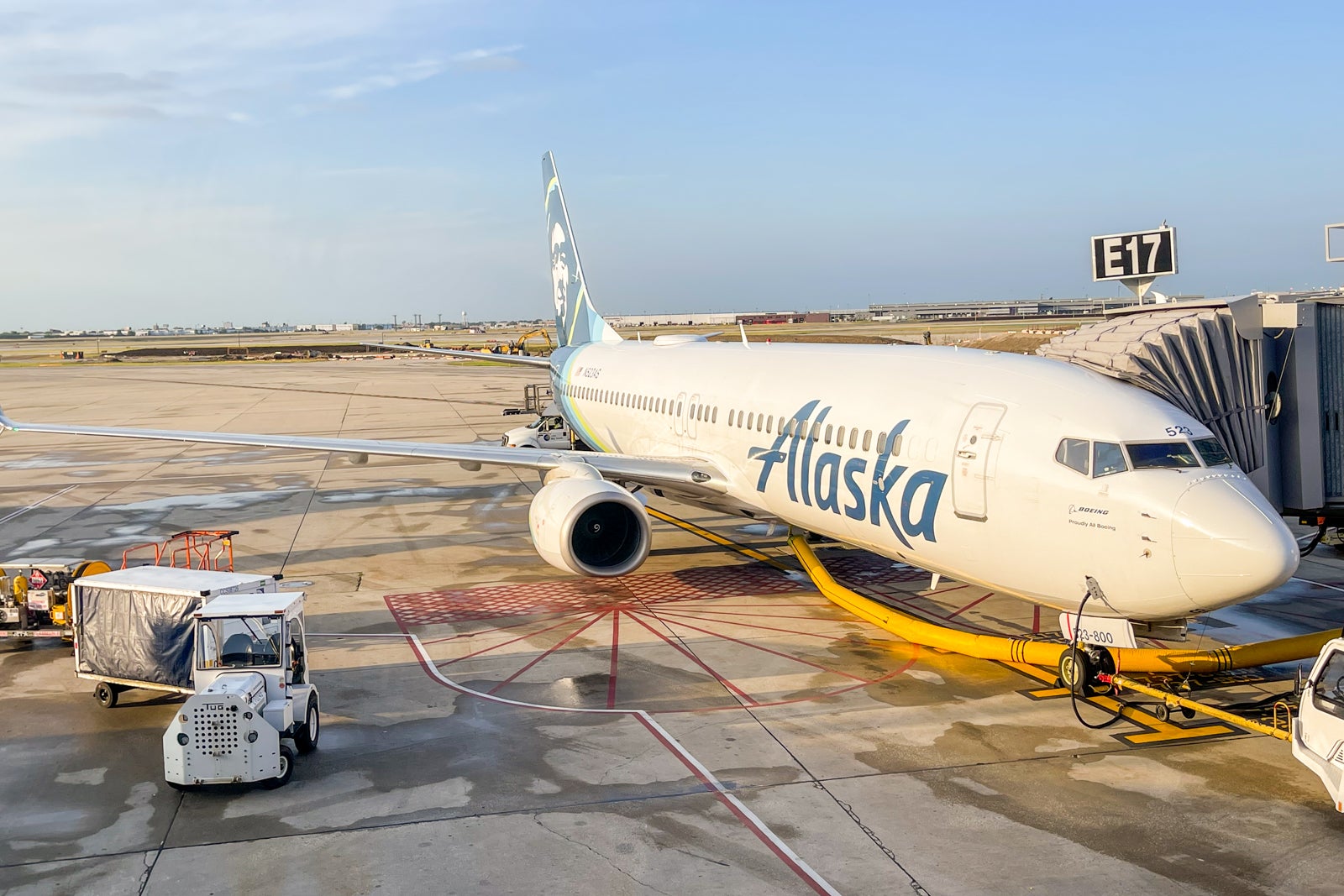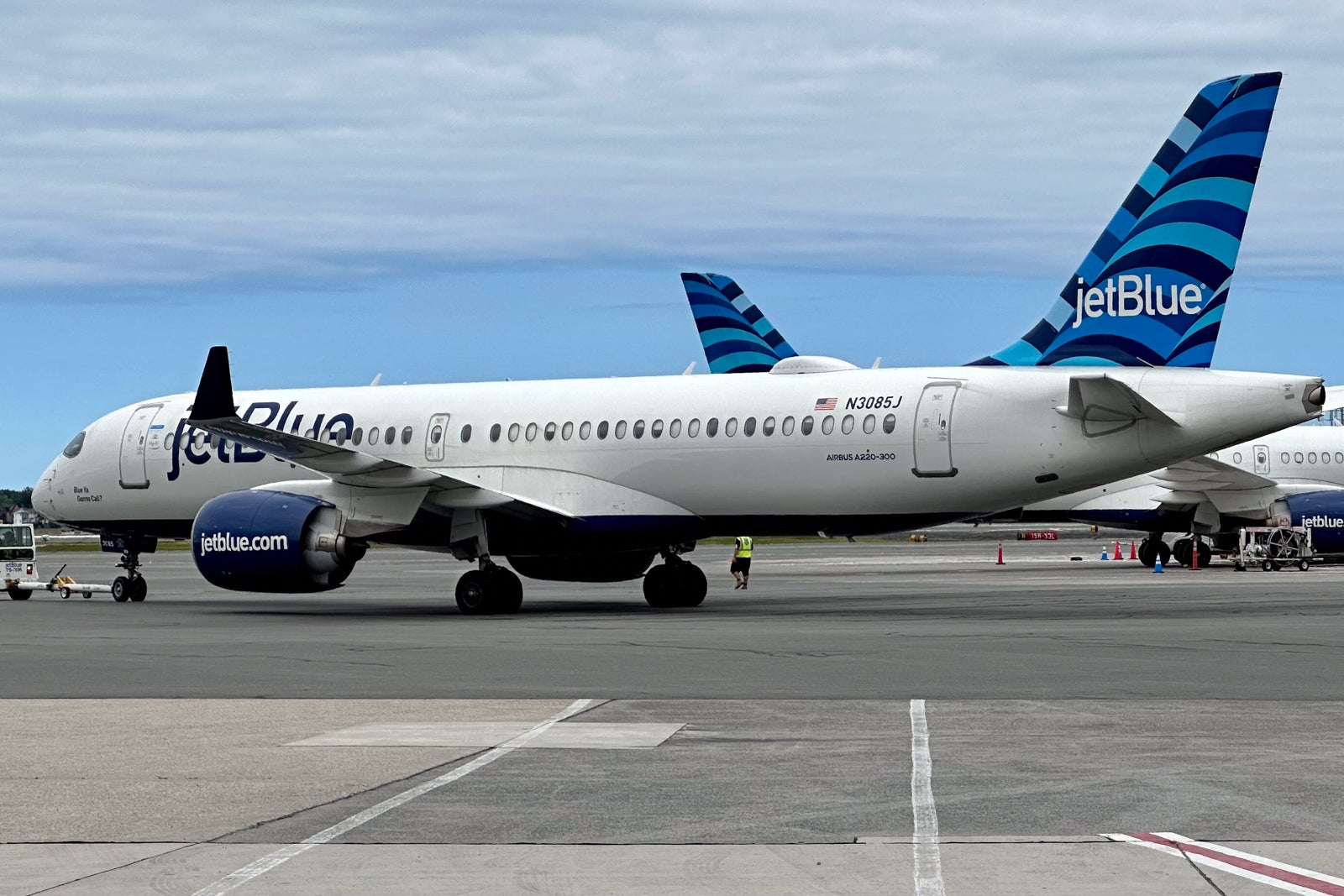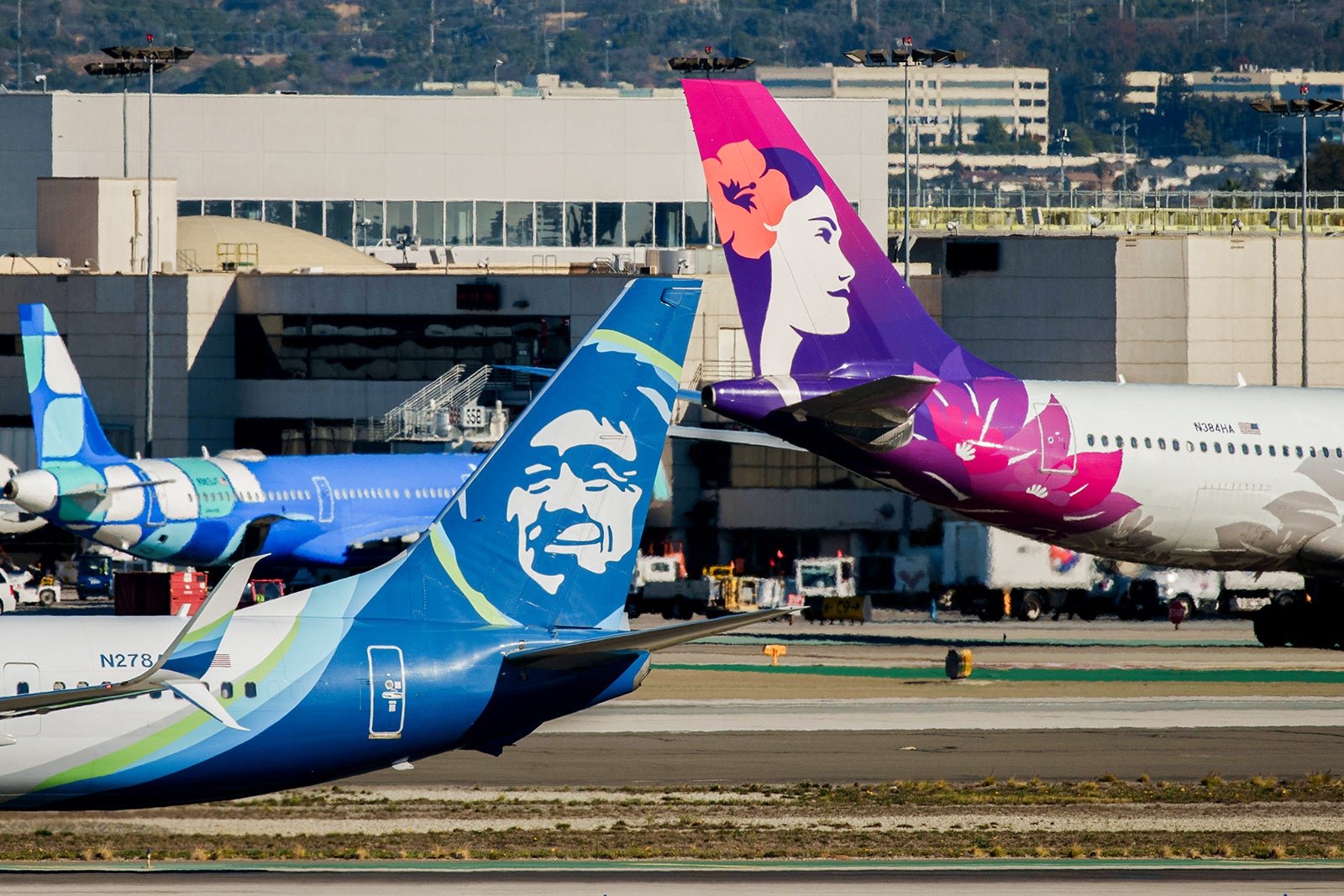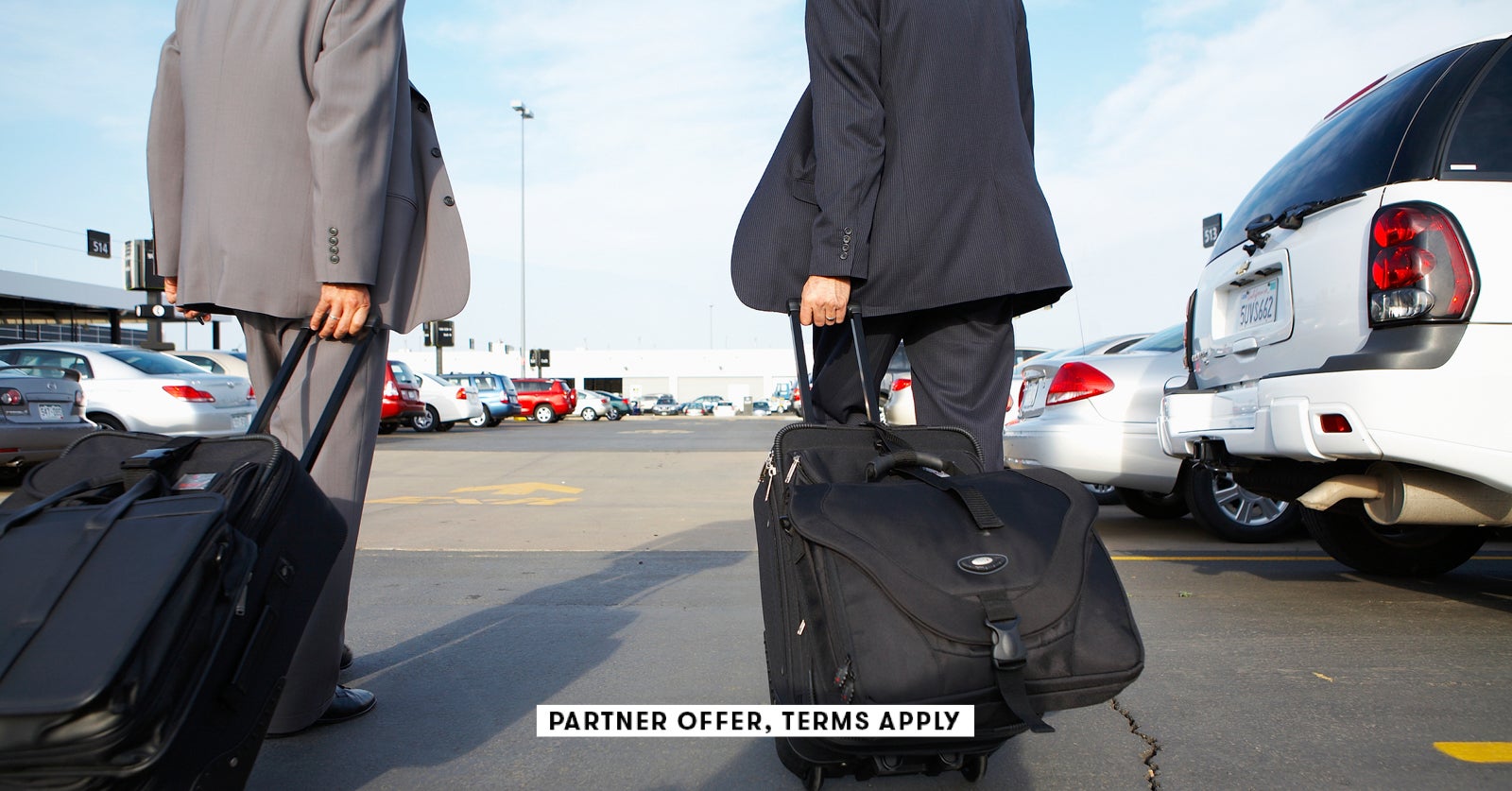Best ways to avoid airline change and cancellation fees on award tickets
Compensation can be difficult when airlines cancel flights due to weather, crew scheduling, maintenance or other reasons. However, you’ll often face steep fees when making changes or canceling your reservations. Fortunately, many airlines have permanently waived these fees for paid and award tickets.
For airlines that still impose fees, there are strategies to minimize or avoid them, such as taking advantage of schedule changes or travel waivers. Here are some tips on how you can dodge fees when changing and canceling award tickets.
Overview of change and cancellation fees
Although legacy U.S. carriers no longer charge change fees on most tickets, some other airlines do. You must pay a fixed fee and any fare difference to switch to a different flight. These fees can vary based on the airline, fare class, destination and how far in advance you make the change.
Many airlines offer same-day changes on the same route for a fixed fee. However, same-day change fees are often waived for elite members. The advantage of same-day changes is that you likely won’t have to pay any fare difference if you switch to a more expensive flight.
As with change fees, the legacy U.S. carriers no longer charge cancellation fees on most tickets. However, if you are subject to a cancellation fee, you’ll generally receive a travel credit minus the cancellation fee.
Most major U.S. airlines do not provide refunds to your original payment method unless there are specific circumstances, like a significant schedule change. That said, on award tickets, many will refund the mileage plus any taxes and fees if you need to cancel.
Change and cancellation policies by airline
Each airline has its own cancellation and change policies — some are more restrictive than others. Here’s a look at some major carriers and their respective policies.
Air Canada
Air Canada’s change policy for award flights is more straightforward than for paid flights, as it doesn’t vary by route.
You’ll always get free changes when booking Economy Flex, Economy Latitude, premium economy (flexible), business-class (flexible) and first-class (flexible) awards. Meanwhile, Economy Standard, premium economy (lowest), business-class (lowest) and first-class (lowest) awards have a flat change fee of 100 Canadian dollars, which is about $73 (per direction, per ticket). Change and cancellation fees are waived for Aeroplan Super Elite members.

Daily Newsletter
Reward your inbox with the TPG Daily newsletter
Join over 700,000 readers for breaking news, in-depth guides and exclusive deals from TPG’s experts
Alaska Airlines
Alaska Airlines removed change and cancellation fees permanently in response to the coronavirus pandemic. You must change or cancel your flight before departure to be eligible for flight credit.
When canceling award tickets, you’ll get your miles and taxes refunded, but the $12.50 partner award booking fee and $15 call center booking fee (for awards booked over the phone) are nonrefundable.
Same-day confirmed changes cost either $25 or $50 and are waived for MVP Gold, MVP 75K, MVP 100K, American AAdvantage Platinum Pro, American AAdvantage Executive Platinum and American AAdvantage ConciergeKey members. When available, you do not have to pay a fare difference for same-day changes. The fee is also waived for those traveling on the same reservation.
Allegiant Air
Although a low-cost carrier, Allegiant imposes a relatively reasonable $25 fee per person, per segment when you change or cancel your ticket. However, any changes or cancellations must be made within seven days of departure unless you’ve purchased Trip Flex. This add-on allows a one-time change or cancellation until one hour before departure, though you can’t add it after the fact. You must add this surcharge when you book your flight.
Miles will not be redeposited back into your account; instead, you will receive a voucher for the ticket’s value.
American Airlines
American Airlines no longer charges change or cancellation fees for all award tickets and you will automatically receive your miles back in your AAdvantage account.
Check out this guide for more details on changing or canceling your American Airlines flight.
Delta Air Lines
Like American, Delta Air Lines no longer charges change or cancellation fees on flights within the U.S. or international itineraries starting in the U.S. This policy includes award tickets, though you will need to change or cancel the ticket before the scheduled departure time. You’re only responsible for the fare difference if you change to a more expensive flight. Basic economy tickets cannot be changed or canceled, as you might expect.
Check this link for more details on Delta’s change and cancellation fees.
Frontier Airlines
Frontier imposes no change fees on flights more than 60 days from departure. However, there’s a $49 change fee from 59 to seven days before departure. That climbs to a $99 fee within seven days of departure. All of these change fees are in addition to any fare difference.
The carrier has no change fees if you purchase its add-on option called The Works and Flight Flexibility.
Check this link for more details on Frontier’s change and cancellation fees.
Hawaiian Airlines
Hawaiian doesn’t charge change or cancellation fees on Main Cabin fares or higher. However, you are responsible for paying the mileage difference if switching to a more expensive flight.
JetBlue
JetBlue doesn’t charge change or cancellation fees on paid or award tickets unless you book a Blue Basic ticket.
Blue Basic tickets can be changed or canceled for $100 per person for North American flights, or $200 per person on other routes, such as to Europe. You are only responsible for paying the fare difference if you move to a more expensive ticket. You will be charged a $25 fee if you process your change or cancellation over the phone. Further, same-day changes cost $75, and the fee is waived for Mosaic elite members.
Southwest Airlines
Southwest is famous for not charging change or cancellation fees, though you’ll have to pay any difference in the fare. You can also receive a credit if the fare goes down. The credit can only be used by the person whose name originally appeared on the ticket.
However, if you change an award ticket that has dropped in price, any additional points are redeposited in the member’s account and can later be used for travel by anyone. Just note that you must cancel paid Wanna Get Away reservations at least 10 minutes before your departure time. Otherwise, you’ll forfeit the entire value of your ticket.
If you want to move to an earlier or later Southwest flight, you’ll have to pay the fare difference on a Wanna Get Away ticket. These fees don’t apply to customers booked in Wanna Get Away Plus, Anytime or Business Select tickets. A-List and A-List Preferred members can take advantage of free same-day change and same-day standby benefits even on Wanna Get Away fares.
Check this link for more details on Southwest’s fare options.
Spirit Airlines
Like Frontier, Spirit has a tiered system for flight changes and cancellation fees. Modifications are free if you change your flight more than 60 days before departure. Between 59 and 31 days, you’ll pay $69; between 30 and seven days, you’ll pay $99; and within six days of departure, you’ll pay $119. Passengers who have purchased Flight Flex can change or cancel an award up to 24 hours before departure.
If you have Spirit elite status, you’re eligible for free same-day standby to an earlier flight up to one hour before a flight departs.
United Airlines
United waives change and cancellation fees for all flights within the U.S. and Puerto Rico, between the U.S. and Mexico and the Caribbean, and all international flights departing the U.S. As usual, this doesn’t apply to basic economy tickets, and you’re responsible for any fare difference. United also doesn’t charge redeposit fees when you cancel award tickets.
You must cancel your award ticket before departure or be subject to a $125 redeposit fee to receive your miles back.
Related: How to refund a nonrefundable airline ticket
How to avoid change and cancellation fees
The airline might be open to waiving your change or cancellation fees in certain cases.
Look for a travel waiver
Travel waivers are typically given by airlines when they expect a large number of delays or cancellations. This could be due to bad weather or natural disasters. Airlines prefer to offer flexibility to travelers ahead of time instead of dealing with last-minute changes at the airport. The details of travel waivers differ depending on the airline and the reason for the waiver, but they generally allow you to change or cancel your flights without any fees.
You can find travel waivers on the airline’s website. Generally, these will show at the top of the website and on the screen when you check in for your flight. The airline may even contact you if you’re eligible for a travel waiver, so keep your eyes on your inbox before you travel.
Keep an eye out for schedule changes
You may be able to avoid change and cancellation fees if your flight schedule changes after you’ve booked your ticket. For instance, if your original departure time was 1 p.m. but changes to 2:30 p.m., you might qualify for free flight changes or cancellations. Airlines often notify you of these schedule changes through email, but it’s also important to regularly check your trip details to catch any changes.
In general, many U.S. airlines offer a full refund if there is a significant schedule change to your flight’s departure or arrival time. However, each airline has its own policy regarding schedule changes.
Remember the 24-hour rule
U.S. airlines are required by law to offer refunds within 24 hours of booking if the flight is more than seven days in the future. This can come in handy if the price drops or you are still nailing down some travel details. This also applies to tickets booked through credit card sites like Amex Travel and the Chase Travel℠ portal.
Have a good reason
Travelers can often get change fees waived in the event of illness, a death in the family or other extraordinary circumstances like a natural disaster. Just be prepared to offer supporting documentation.
Consider your credit card coverage
If you used a travel rewards or airline credit card to pay for your booking, it may include trip cancellation and interruption insurance. This insurance can potentially cover your change or cancellation fees and other eligible nonrefundable expenses. For instance, if you have a valid reason to cancel or modify your trip (like jury duty or a serious illness) and you booked with the Chase Sapphire Reserve®, you can receive up to $10,000 in reimbursement per person (up to $20,000 per trip).
In case of an emergency that qualifies for your credit card’s trip delay or cancellation coverage, you might have more concerns than just airline fees. However, knowing these protections are available if needed is reassuring.
Remember that to benefit from this coverage, you usually must pay for part of the covered trip with your credit card. This can include paying for award taxes and fees or using points to purchase a ticket through a platform like the Chase Travel portal.
Earn elite status
One of the greatest advantages of having airline elite status is that certain tiers with select carriers will waive change fees on same-day changes. This added flexibility is great if you want to move to an earlier or later flight at the last minute.
Use a credit card travel credit or redemption to cover your fees
If all else fails, you can use travel credits from a premium travel card like The Platinum Card® from American Express or the Chase Sapphire Reserve or redeem miles from a card like the Capital One Venture X Rewards Credit Card (see rates and fees) to cover your change or cancellation fees.
If you go this route, you’ll still be subject to paying these fees, but you may be able to cover them with a statement credit or your miles. This mostly applies to award tickets since the change or cancellation fees are often an additional out-of-pocket expense. With paid flights, the fees are deducted from the value of your ticket.
In the case of the Amex Platinum, you can only cover the change or cancellation fee for the airline that you’ve selected to use for your up to $200 annual airline fee statement credit (enrollment is required). You can choose this airline when you first get your Platinum Card and then annually by Jan. 31 for that calendar year. It’s also worth noting that Amex’s system will determine which purchases are (and are not) eligible for the credit. Read our full guide to the Platinum Card’s airline credit for more information on what qualifies.
The Sapphire Reserve card has a more relaxed travel credit that automatically applies to the first $300 in various travel purchases each year. This credit resets once per calendar year, so if you’ve yet to use your credit, charge the change or cancellation fee to your Sapphire Reserve, and you’ll be reimbursed for the fee.
Finally, if you must pay a change or cancellation fee out of pocket, you could always charge it to a card like the Capital One Venture X Rewards Credit Card (see rates and fees) and then use your miles at a fixed value to cover the cost. However, transferring your Capital One miles to travel partners will likely get you a much higher redemption value.
Don’t pay cancellation or change fees until you have to
When you book a flight and later need to cancel, it’s best to avoid paying the cancellation fee until necessary. Airlines can sometimes announce schedule changes, delays or cancellations, allowing you to change or cancel your trip without paying any fees. Remember that if the airline cancels the service, you should receive a refund to your original payment method, not just a travel voucher. This can be a valuable tool if the airline cannot provide the service you booked.
However, it’s important to understand your specific airline’s policies. Unused tickets can sometimes be rebooked after the flight by paying the same change fee that you would have paid in advance. Certain carriers may require you to cancel or change your flight before the scheduled departure. Familiarize yourself with your airline’s rules to make the best decision.
Bottom line
Changing or canceling a flight can be a hassle, especially if it means paying a hefty fee. Keep this page handy for future reference when changing a flight.
Depending on your flight type, it could save you a significant amount of money, potentially hundreds of dollars. So the next time you change a ticket, you’ll know how to mitigate your out-of-pocket expenses.

